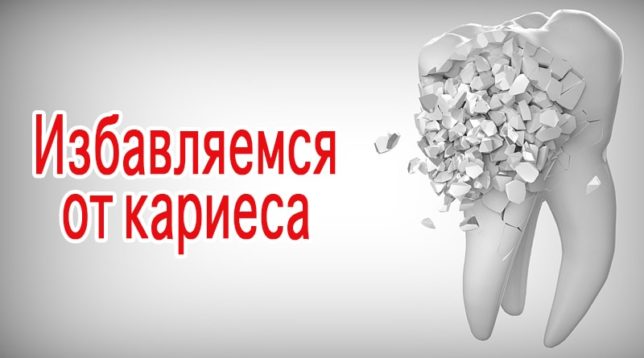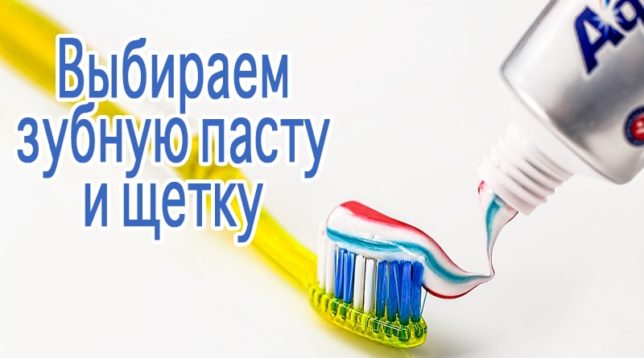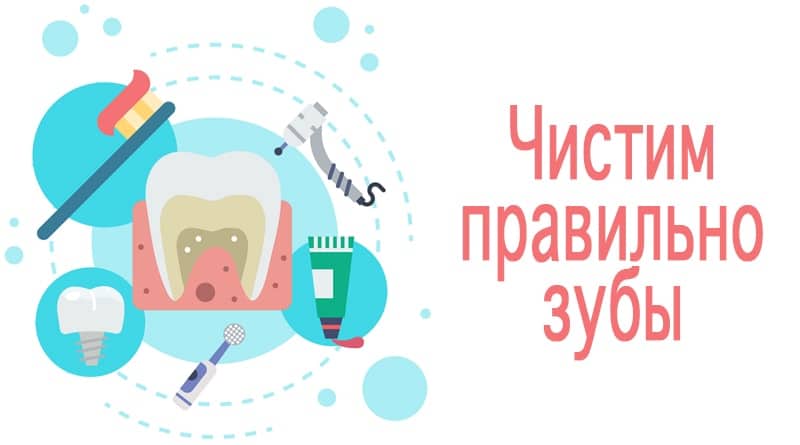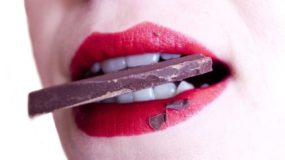Everyone should brush their teeth twice a day, and this should be done correctly. Neglect of oral care is fraught with the development of gum disease, caries, plaque, and unpleasant odors.
Training and safety
Many people believe that preparation is not necessary before brushing your teeth. This opinion is erroneous. Dentists advise in advance:
- Turn on the bright light in the bathroom.
- Position the mirror so that the oral cavity is visible.
- Prepare a glass of warm, clean water.
- Wash hands with soap.
- Wash off cosmetics.
- Before starting the procedure, rinse your mouth for 10 seconds with warm water.
In the case of improper brushing, you can injure the gums, damage the enamel, and most importantly, provoke gingivitis or periodontal disease. To prevent consequences, it is important to observe safety precautions:
- Avoid harsh toothbrush manipulations.
- When using threads do not injure the gums.
- Do not apply a large amount of paste, especially with fluoride.
- The procedure should not last longer than 3 minutes.
- Do not resort to cleaning if less than half an hour has passed after consuming spicy or sour foods.
- Do not swallow pasta, gum conditioner.
Plaque cleaning at home

With the appearance of plaque, 90% of people face it. This is a consequence of:
- Smoking.
- The abuse of black tea and coffee.
- Problems with the tissues of the teeth.
- Drinking water with fluoride content.
In dental offices perform a simple procedure to remove plaque. The problem is allowed to fight at home. Basic Rules:
- Do not resort to such actions in case of mucous membrane disease.
- Make sure that the substances used do not cause an allergic reaction.
- Try not to touch the seals.
Folk remedies
I will list the well-known folk methods that guarantee a reduction in plaque.
- Hydrogen peroxide. Add 20 drops of peroxide to 150 milliliters of warm water and rinse your mouth with the resulting solution.
- Whitening paste. Rinse your mouth for 30 seconds and brush your teeth with whitening toothpaste.
- Activated carbon. Crush two tablets of an absorbent and apply with a toothbrush to the enamel. After two minutes, brush your teeth and rinse your mouth.
- Tea tree oil. Moisten a cotton swab in the liquid and treat the teeth from the outside and inside.
Pharmacy preparations
In almost every pharmacy, you can purchase a variety of drugs that remove plaque. The most popular are:
- Strips with whitening effect. They are impregnated with a special composition. Superimposed on the teeth daily for 30-35 minutes for 10 days.
- Abrasive paste. Used for one month and 1 to 3 times a week.
Is it possible to get rid of caries on my own and how

In 70% of people, caries is diagnosed, which occurs without any symptoms and consists in the appearance of a small dark spot on the enamel. If left untreated, the disease can lead to deep tissue damage and tooth loss.
It is possible to carry out prophylaxis and treat caries not only in dentistry, but also independently. To do this, you can use the following methods:
- Rinse your mouth twice a day with water and sea salt (per 100 milliliters of water, 1 teaspoon of salt).
- Apply a disc moistened with castor oil every night for 7 minutes to the problem tooth.
- In the morning and evening, rinse the oral cavity with soapy water: dilute 5 grams of laundry soap in 150 milliliters of water.
Dentists say: “You can fight tooth decay on your own only at the initial stage. In the future, specialist assistance is required. ”
How to choose a toothpaste and brush

You need to choose a toothbrush carefully, it should:
- Correspond to a certain rigidity.
- Do not injure your gums.
- Do not provoke an allergic reaction.
- Be comfortable to use.
The right choice of toothbrushes depending on the problems of the oral cavity
| Type of toothbrush | Selection recommendations |
|---|---|
| Soft bristles |
|
| Hard bristles |
|
| Medium Hard Bristle |
|
If after using the new brush an allergic reaction, bleeding gums and other problems have appeared, it should be noted.
To choose a toothpaste is required, having studied the composition:
- For healthy teeth with fluoride.
- If there are problems with the gums, then on the basis of medicinal herbs, for example, oak bark.
- In raids - with a whitening effect.
How to clean removable and non-removable dentures
Dentures need daily cleansing. Depending on the type, they have different cleaning techniques.
Removable dentures
- The prosthesis is removed and washed under running water.
- Using a brush and toothpaste, cleansing is performed by smooth movements from top to bottom of each area.
- The area adjacent to the gums is being developed.
- The prosthesis is rinsed in warm clean water.
Fixed prostheses
- A special brush cleans the space between the teeth;
- The internal and external parts of the prosthesis are worked out with a brush (top to bottom);
- Rinse the mouth with water, and then with antiseptic liquid.
How to brush your teeth every day
Dentists have developed a tooth brushing technique, the knowledge of which will reduce problems with gums and enamel, and reduce the risk of caries by 2.5-3 times. It is carried out in stages:
- Toothpaste is applied to the brush and the mouth opens.
- The brush head is placed on the upper incisors and movements are made from top to bottom, gradually moving to the distant teeth.
- Manipulation is repeated from the inside.
- A brush is placed on the lower incisors and movements are performed on their outer and inner sides (from bottom to top).
- The oral cavity is washed with water, and then rinsing solution.
Key recommendations
Dentists advise:
- Store brushes in a dry place and rinse thoroughly after each use.
- Use dental floss and rinse solution regularly.
- Do not use someone else's toothbrush.
- If there are dentures, do not clean them with soap or hydrogen peroxide.
- Once every 3 months, purchase a new brush.
- Pay more attention to problem areas.
Performing daily and proper brushing will allow you to have a fresh breath and relieve problems in your mouth. Choose the right toothbrush and toothpaste, follow the cleaning technique, and do not ignore the recommendations of the dentist.










